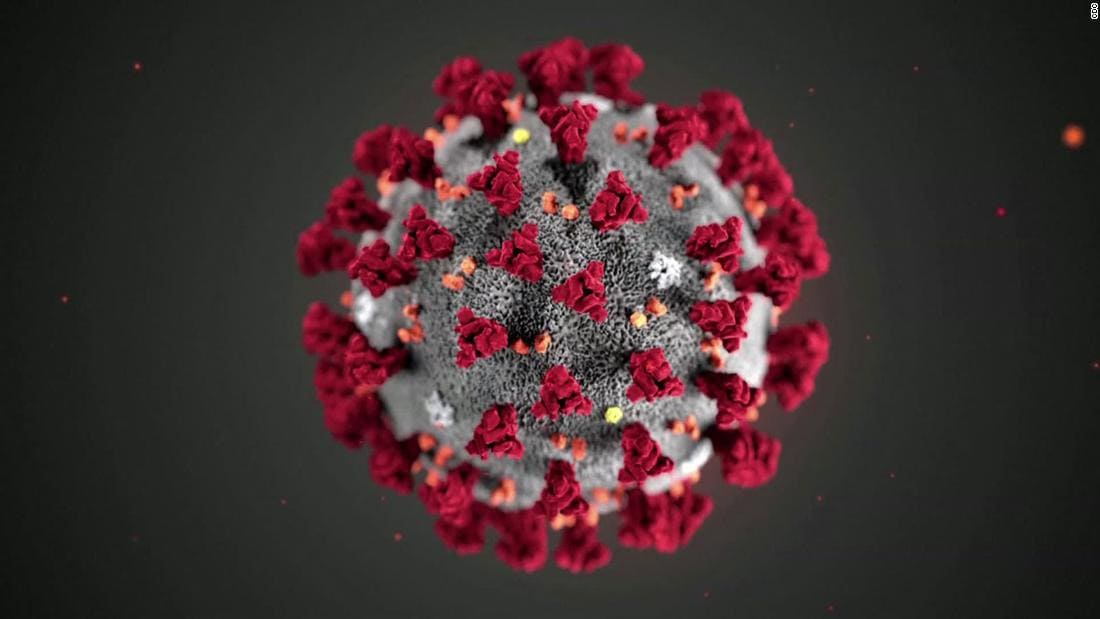Coronavirus disease 2019 (COVID-19) is an infectious disease caused by severe acute respiratory syndrome coronavirus 2 (SARS-CoV-2). The disease was first identified in 2019 in Wuhan, the capital of Hubei China, and has since spread globally, resulting in the 2019–20 coronavirus pandemic.
Most people infected with the COVID-19 virus will experience mild to moderate respiratory illness and recover without requiring special treatment. Older people, and those with underlying medical problems like cardiovascular disease, diabetes, chronic respiratory disease, and cancer are more likely to develop serious illness.
The COVID-19 virus spreads primarily through droplets of saliva or discharge from the nose when an infected person coughs or sneezes.
What are the Symptoms?
The COVID-19 virus affects different people in different ways. COVID-19 is a respiratory disease and most infected people will develop mild to moderate symptoms and recover without requiring special treatment. People who have underlying medical conditions and those over 60 years old have a higher risk of developing severe disease and death.
According to Wiki, symptoms can include:
Fever - 88%
Dry Cough - 68%
Fatigue - 38%
Sputum production - 33%
Loss of smell - 30 to 66%
Shortness of breath - 18.6%
Muscle or joint pain - 14.8%
Sore throat - 13.9%
Headache - 13.6%
Chills - 11.4%
Nausea or vomiting - 5.0%
Nasal congestion - 4.8%
Diarrhea - 3.7 to 31%
Haemoptysis - 0.9%
Conjunctival congestion - 0.8%
As is common with infections, there is a delay from when a person is infected with the virus to when they develop symptoms, known as the incubation period. The incubation period for COVID-19 is typically five to six days but may range from two to 14 days.
How to prevent yourself from getting the COVID-19?
Things you can do to prevent yourself from getting the coronavirus:
- Wash your hands regularly with soap and water, or clean them with alcohol-based hand rub.
- Maintain at least 1 metre distance between you and people coughing or sneezing.
- Avoid touching your face.
- Cover your mouth and nose when coughing or sneezing.
- Stay home if you feel unwell.
- Refrain from smoking and other activities that weaken the lungs.
- Practice physical distancing by avoiding unnecessary travel and staying away from large groups of people.
The coronavirus (or COVID-19) outbreak has caused at least 381,293 confirmed infections and 16,572 deaths. As of 24-Mar-2020, there is no available vaccine. But research into developing a vaccine has been undertaken by various agencies. Previous work on SARS-CoV is being utilised because SARS-CoV-2 and SARS-CoV both use the ACE2 receptor to enter human cells.




















